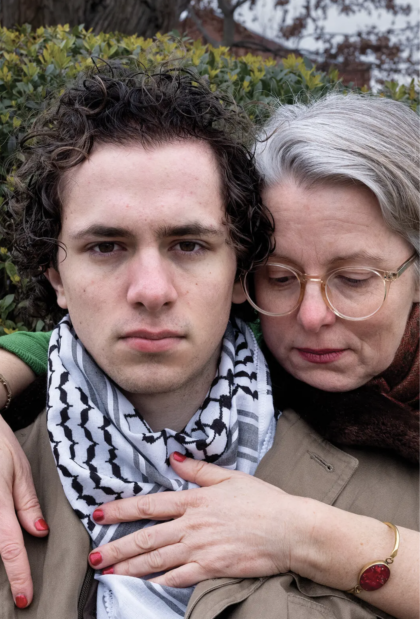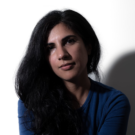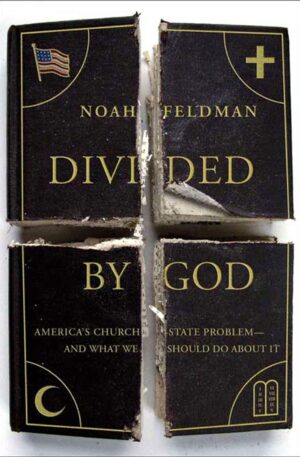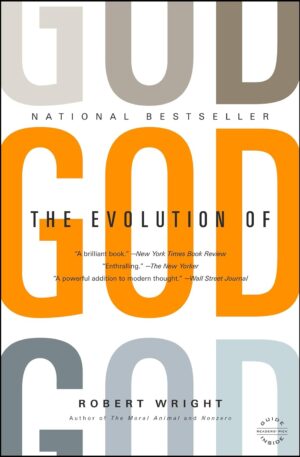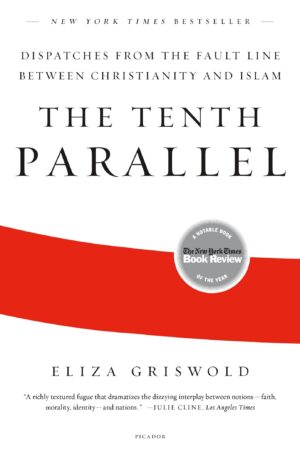Rozina Ali wrote a story for the New York Times Magazine about three Palestinian students shot in Vermont.
In Burlington, the three friends were together for the first time since the conflict began. They flitted away the break with video games and conversations late into the night — a respite from the world.
On the Saturday after Thanksgiving, they left Hisham’s grandmother’s house on North Prospect Street for an evening stroll. It was just before 6:30. As they sauntered down the road, Hisham noticed a man’s silhouette against the darkened sky. He was standing on the porch of an apartment building, and his neck was craned away from them, as if searching. They had passed the building earlier, going the other direction. Perhaps he was waiting for them? Or maybe he had noticed the trio during one of their many walks around the neighborhood that weekend?
As the three young men approached, they recall, the man on the porch moved toward them, pulling a gun from his waistband, and started firing. Tahseen crumpled to the pavement first, then Hisham. The man fired two more shots as Kinnan bolted across the street and jumped a fence.
Terrified that his friends were dead, Kinnan limped toward a lit house. He had lost his phone in the scramble. “Please, come out!” he begged the family inside. “I need y’all to come out!” Faces stared back at him: this strange, frantic young man, shouting at them. They finally emerged, called 911 and sat Kinnan on a bench. A sharp pain in his backside announced that he, too, had been shot.
Some yards away, Hisham, who was lying on his stomach, fished out his phone and with desperate, bloody fingers pushed the emergency-call button. Tahseen’s lungs filled with blood, and his breath grew shallow. He had never been religious, but now, as he waited for help or death, he mumbled the shahada into the night air.
